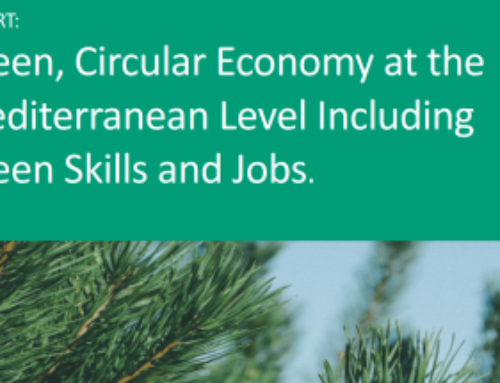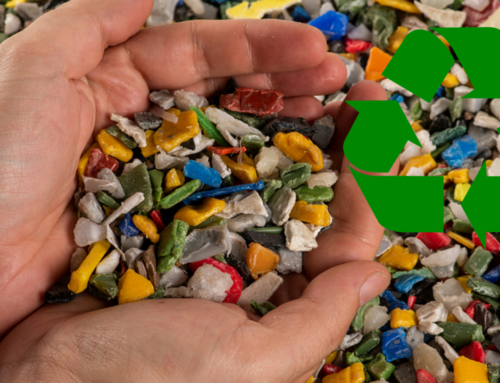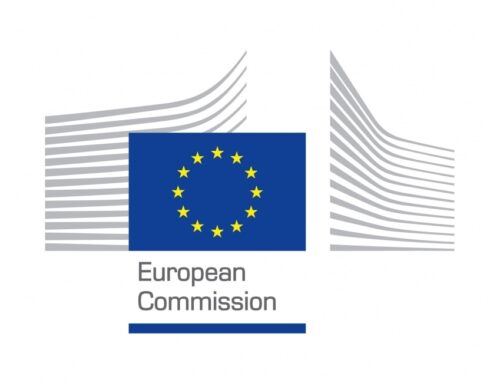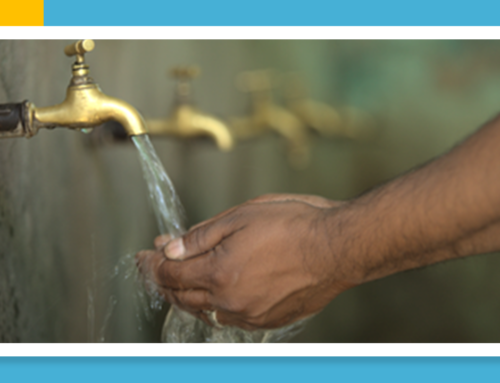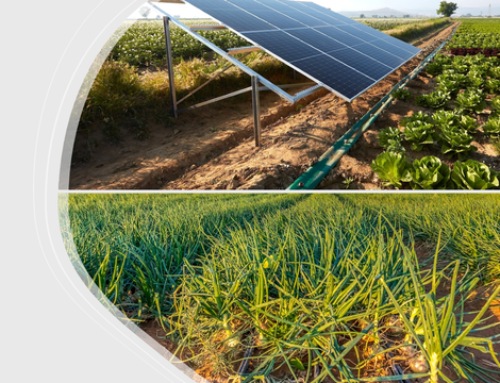The EU-funded “Water and Environment Support (WES) in the ENI Southern Neighbourhood region” project, continues to implement its activity ‘Elaboration of non-revenue water (NRW) policy in Jordan’ for the past year. With this ongoing activity, WES is supporting Jordan’s water sector in its on-going efforts to reduce NRW water, thus contributing to improved network efficiency, improved service provision and increased cost recovery.
The WES team of water experts have successfully prepared and organised a Consultation Workshop on the 20th of March 2023, in Amman.
H.E. Eng. Mohammad Dweiri., Assistant Secretary General for planning affairs of the Jordanian Ministry of Water and Irrigation, during his welcome speech, underlined the importance of this WES activity to support and guide the implementation of the approved NRW strategy within the water sector institutions in order to achieve Jordan’s national strategy for water and therefore to ensure an increased availability of water for Jordanians and at lower cost.
During the Workshop, the findings and results of the NRW background policy report were presented, together with a proposal for the main axes/themes around which the final policy paper will be developed.
More than 47 officials representing relevant institutions and personnel from the Ministry of Water and Irrigation, the Water Authority of Jordan, the Project Management Directorate (PMD) and managers of water utilities and all other stakeholders relevant to NRW reduction efforts in Jordan including donors, participated in the event.
After discussion of the findings of the WES assessment and the proposed recommendations, they agreed on the main and cross cutting themes of the planned policy paper and on the consultation mechanisms to ensure the active engagement of all partners and project beneficiaries.
The benefits of reducing NRW include helping utilities to meet environmental and health objectives through reduced water loss, thereby lowering stress on the environment, and reducing risks of drinking water contamination. In addition, efficient management of NRW allows water utilities to deliver a better service to consumers, enhance their financial performance and be more sustainable in the long term.


